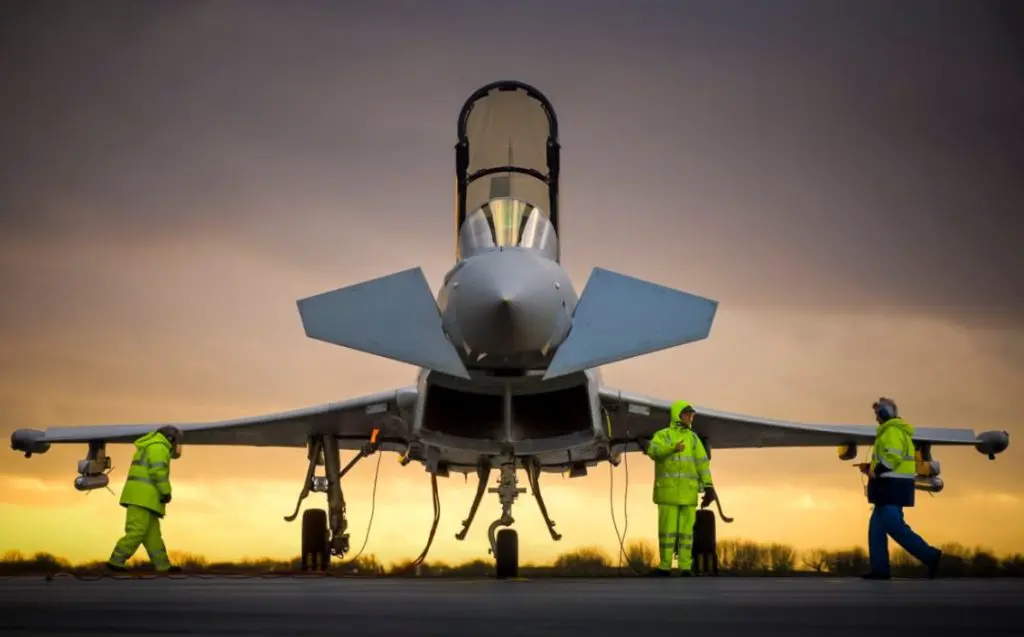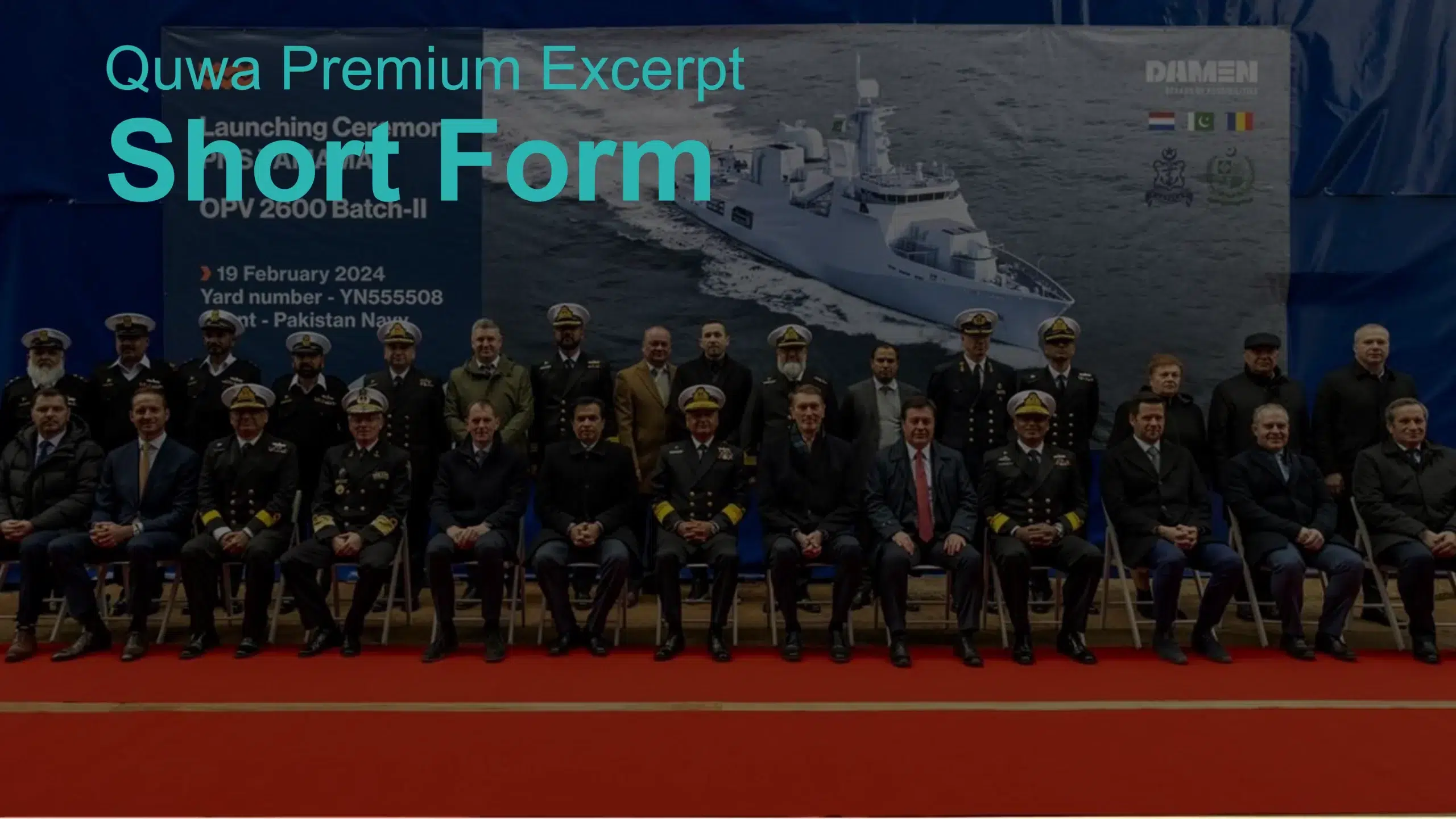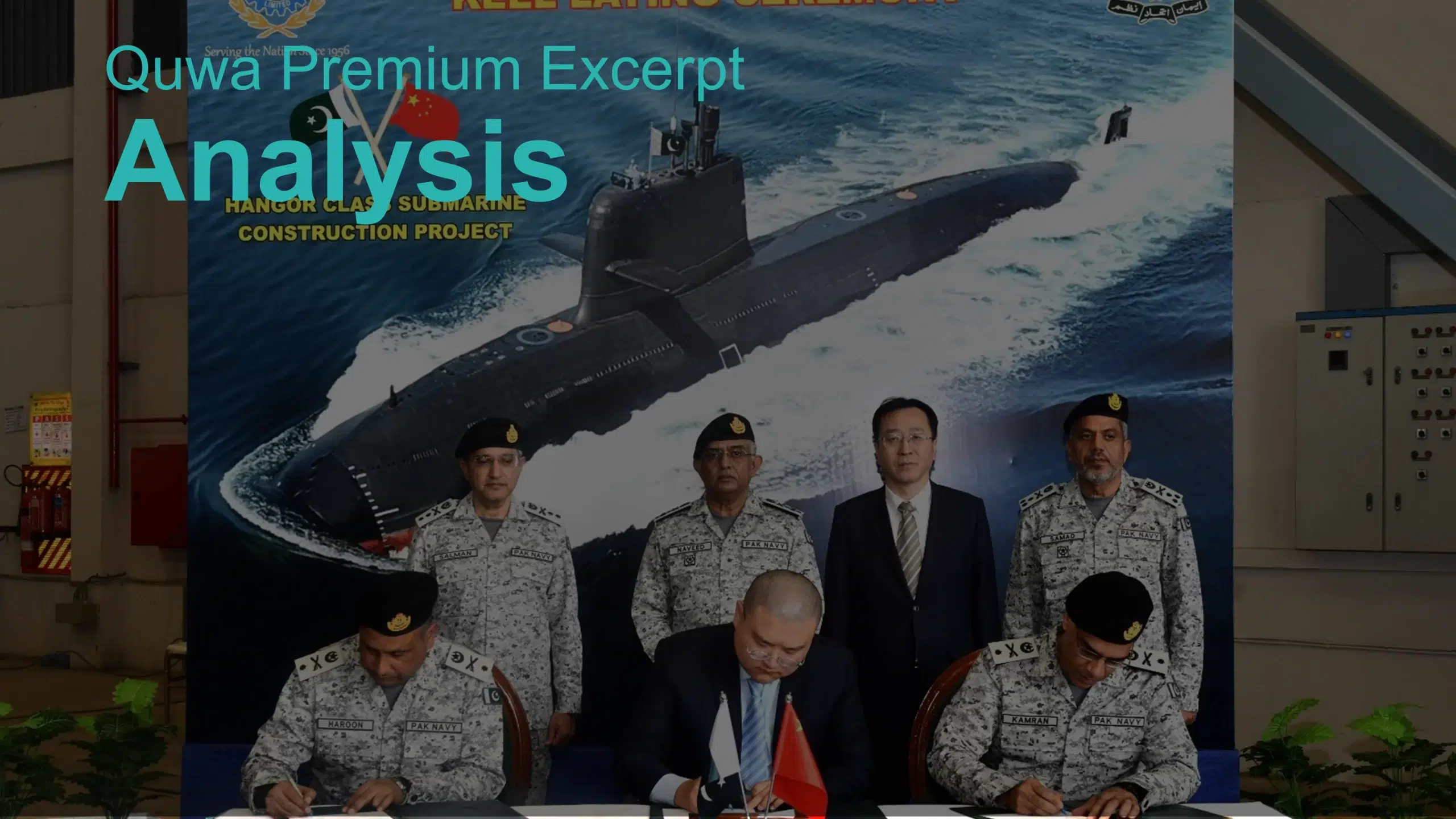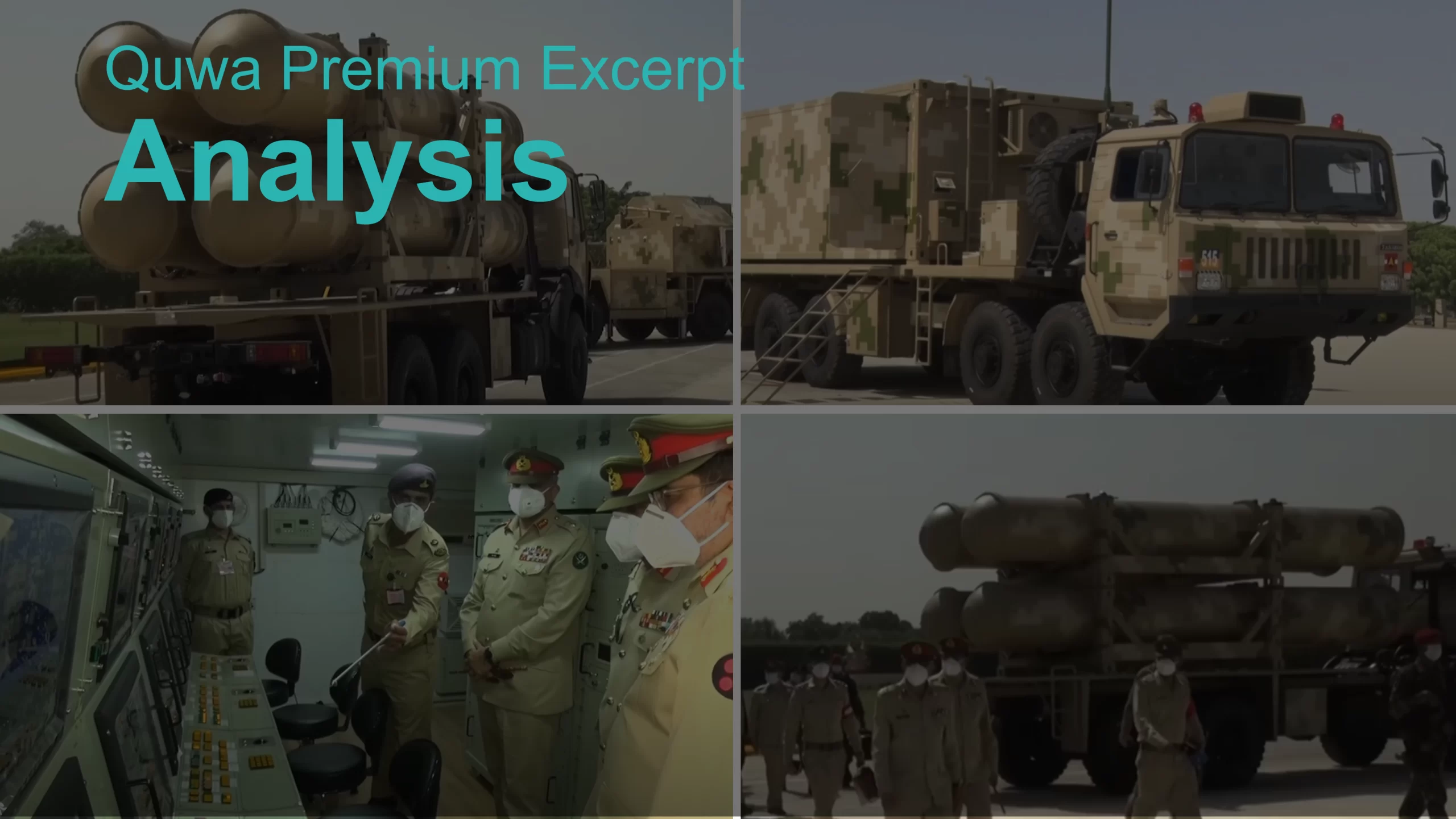BAE Systems has announced that Saudi Arabia signed a Memorandum-of-Intent with the UK Government for the potential purchase of 48 Eurofighter Typhoon fighters.
In its press statement, the British defence giant lauded the agreement, stating: “This is a positive step towards agreeing a contract for our valued partner.” BAE also stated that it was committed to supporting Saudi Arabia with Vision 2030, which aims to localize (at least 50%) of defence procurement by 2030.
Notes & Comments:
If inked, this Saudi order would be the largest Typhoon export order in recent years, building upon the 24 Typhoons ordered by Qatar in December 2017. In fact, it was Saudi Arabia that had previously ordered a batch as large this of the fighter (with BAE Systems as the prime contractor) in 2007.
It will be interesting to see how the Eurofighter Consortium executes Saudi Arabia’s Vision 2030 objective. In the original Saudi Typhoon deal, Riyadh had intended to assemble the fighters domestically, but cost-overruns resulted in those plans being shelved.
Sustainment through maintenance, repair and overhaul (MRO) of the Typhoons is being conducted domestically through the Alsalam Aircraft Company. In terms of this new fighter order, it would not be surprising if Riyadh succeeds in bringing a measure of local manufacturing and (extended) support work.
First, there is a firm policy objective through Vision 2030.
Second, Riyadh has invested in human capital and infrastructure for aircraft manufacturing through programs such as the An-132D, a joint-venture with Ukraine’s UkrOboronProm. Under the workshare deal, Saudi Arabia will manufacture 18% of the An-132D’s subassemblies.
It should be noted that BAE Systems is one among many suppliers producing the Typhoon, which is both co-manufactured by Leonardo (Italy) and Airbus Defence & Space (Germany and Spain) and relies on many defence electronics vendors (among them Leonardo and MBDA).
Broadly, Riyadh’s Vision 2030 could spur these companies to invest in Saudi Arabia (i.e. commercial offsets) as a means to support Vision 2030, and in turn, undertake commercial activities in Saudi Arabia in terms of production and sustainment for Saudi orders through the long-term.
In effect, it would similar to what Boeing has already been in doing in Saudi Arabia, i.e. investing in joint-ventures with Saudi partners to undertake support of Boeing hardware.




